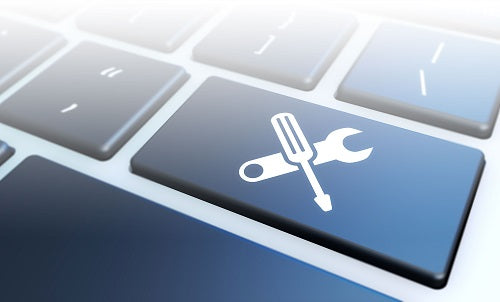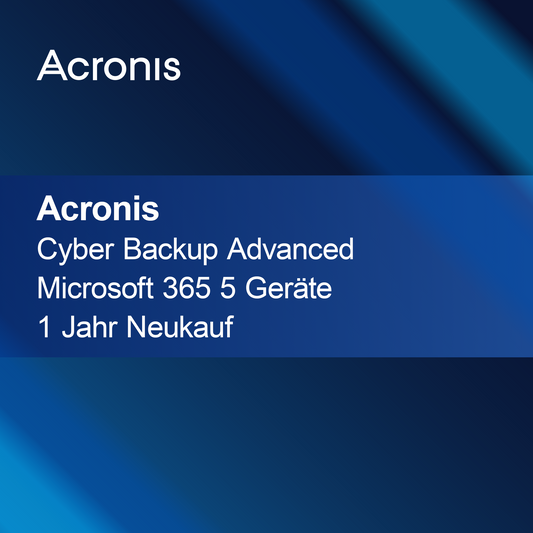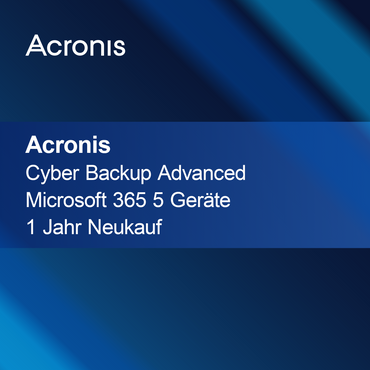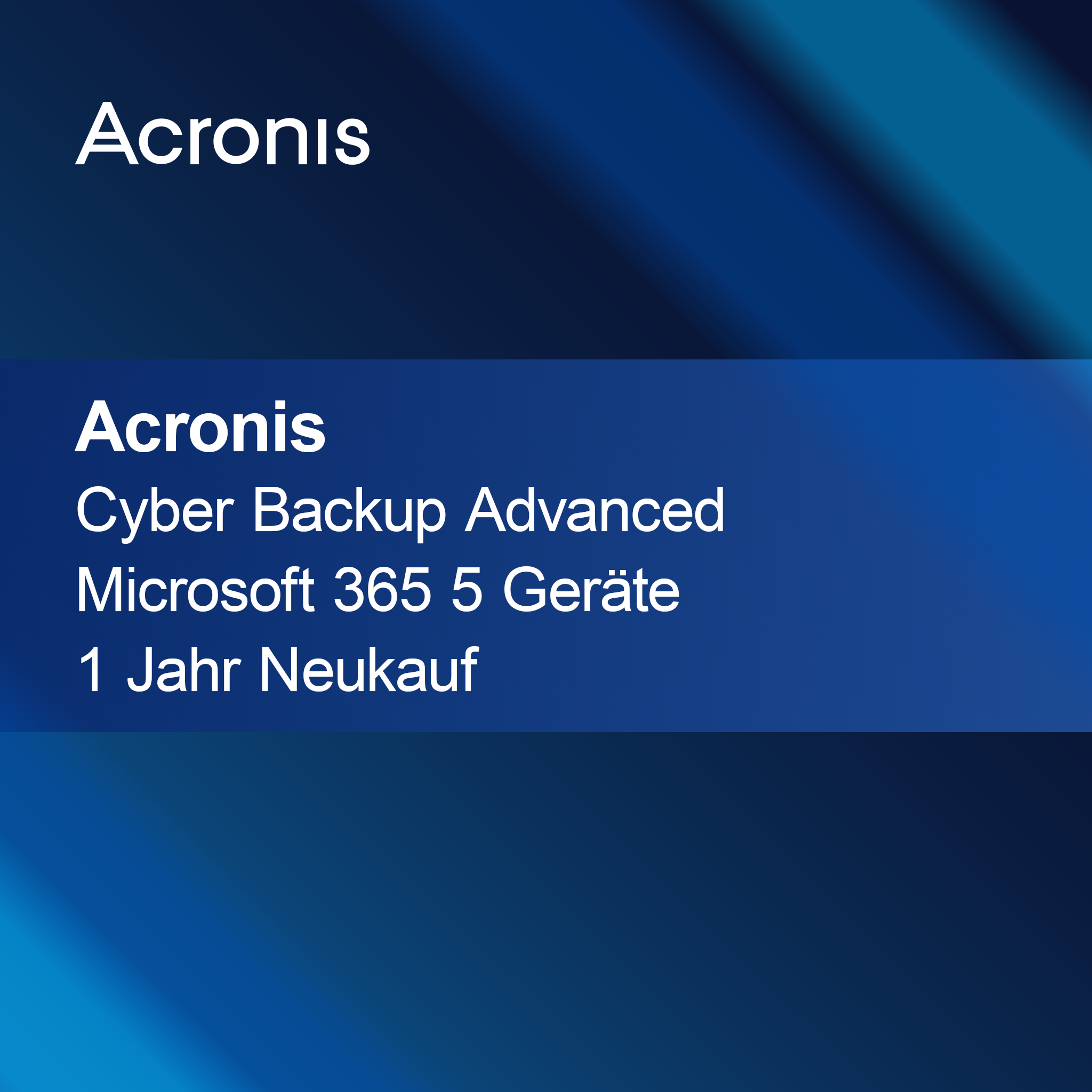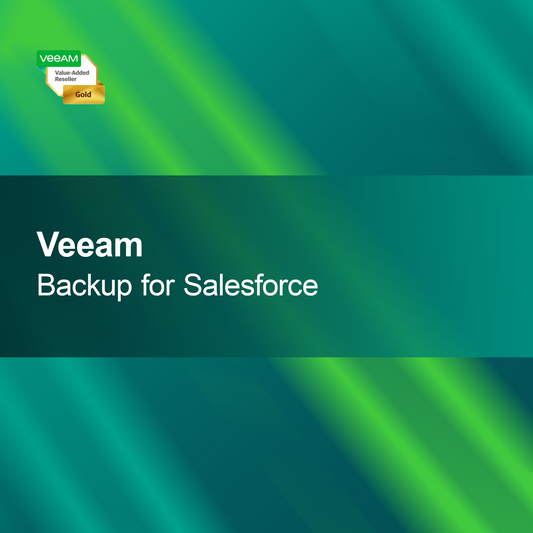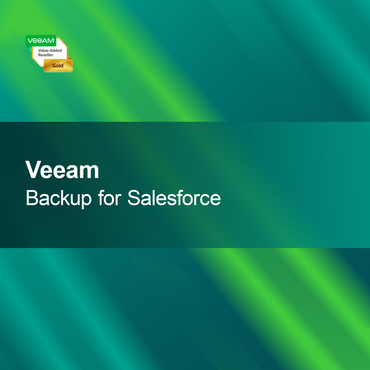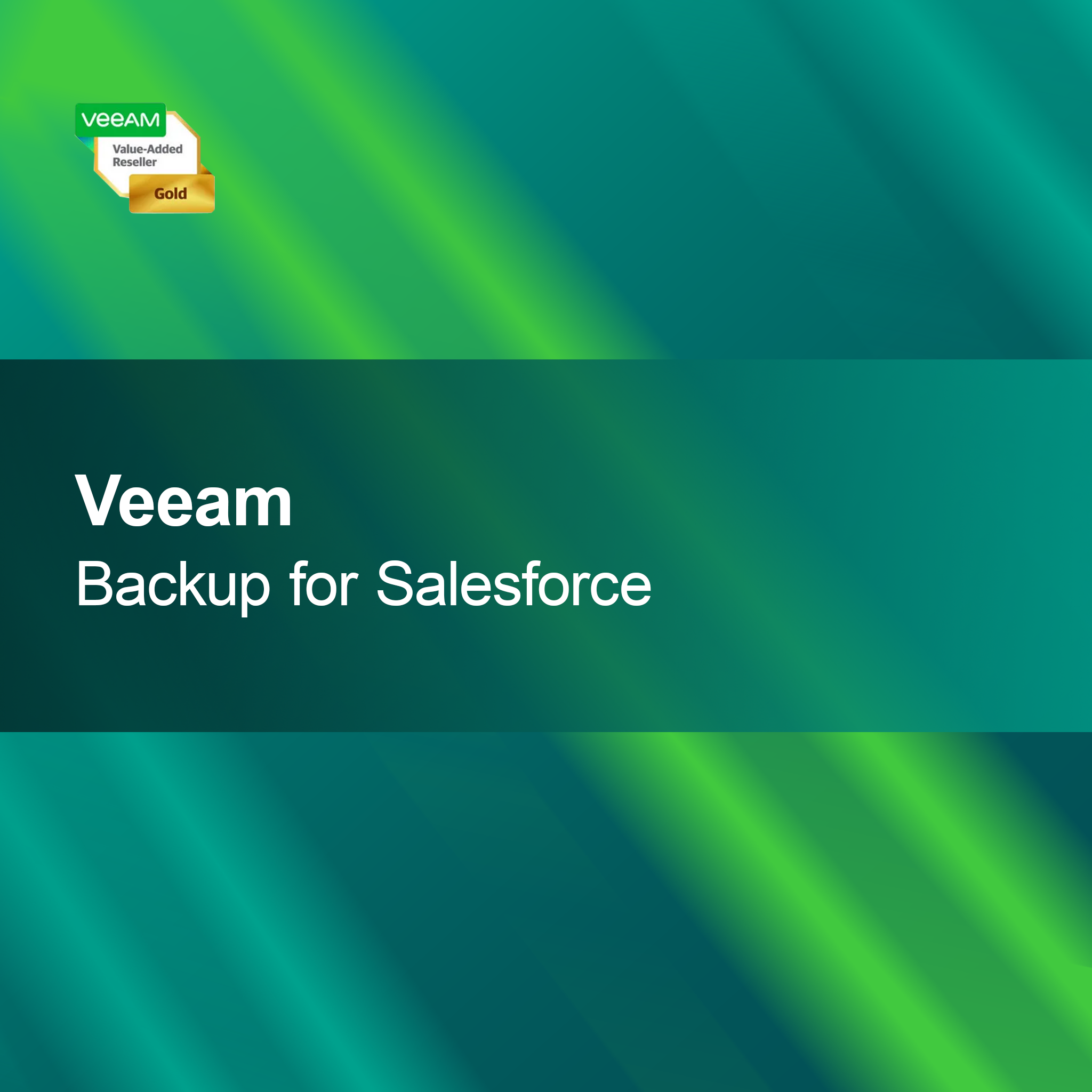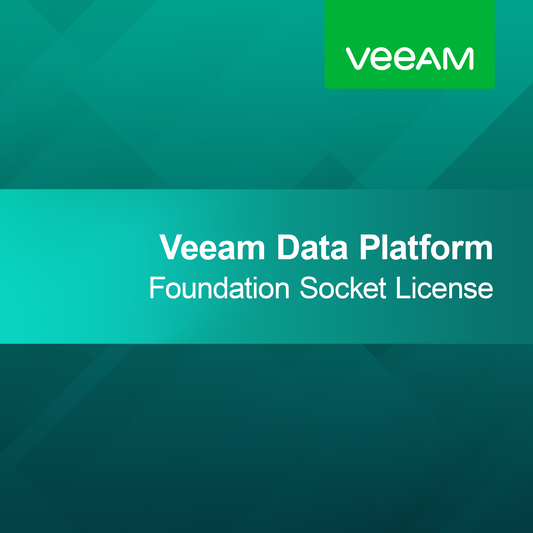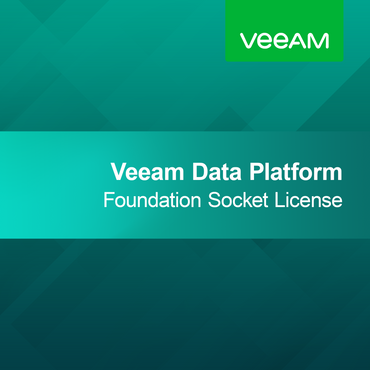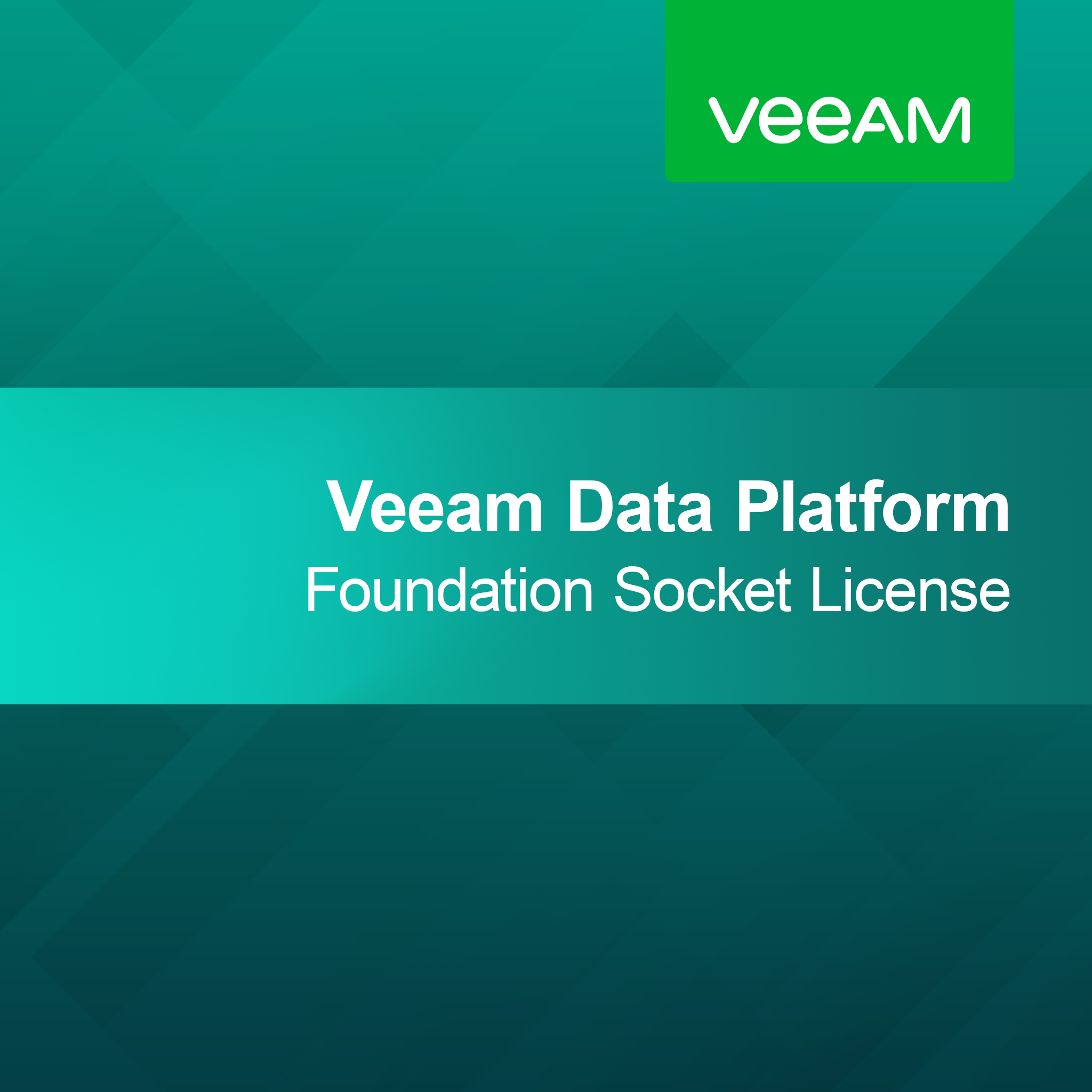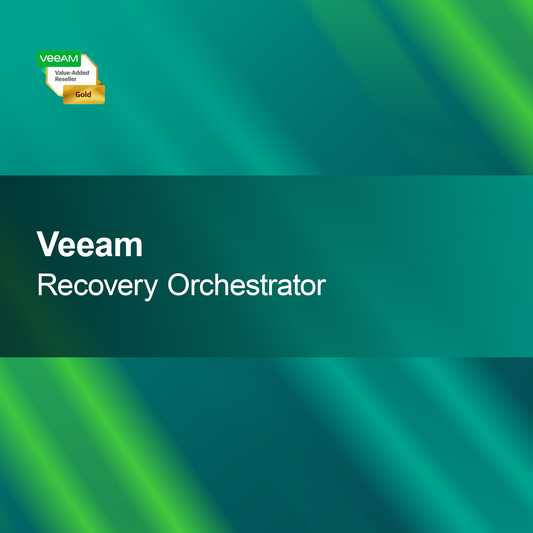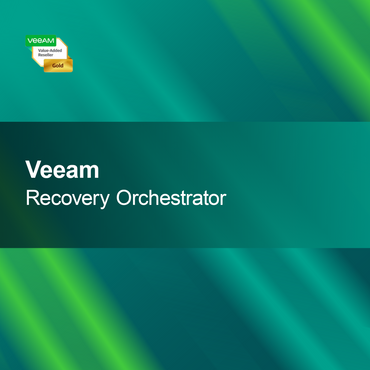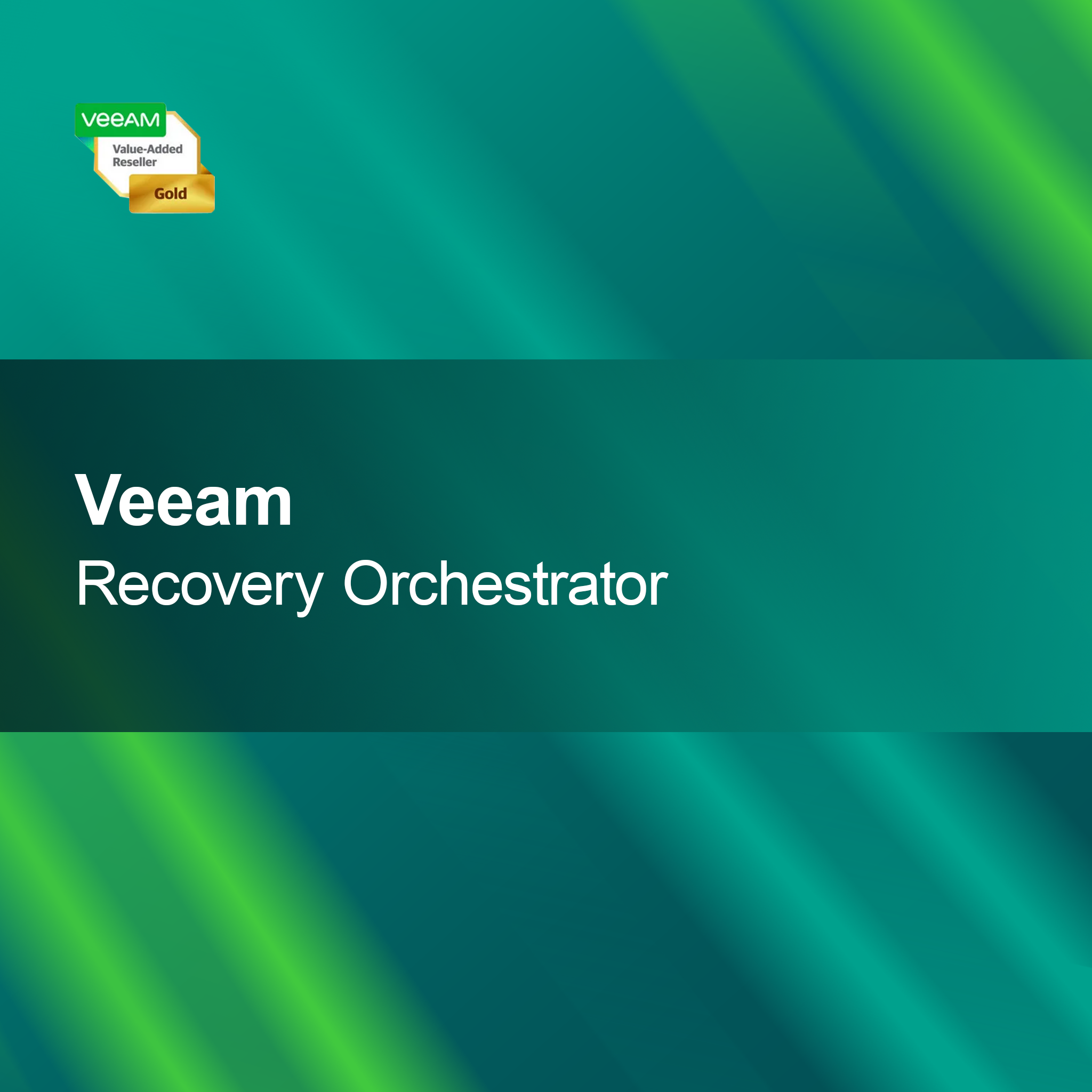-
Microsoft Exchange Server 2016 Standard, 1 User CAL
Regular price €21,95Sale price €21,95 Regular priceUnit price perMicrosoft Exchange Server 2016 Standard, 1 User CAL With the license key for Microsoft Exchange Server 2016 Standard, you secure a powerful solution for email, calendar,...
-
Microsoft Exchange Server 2019 Standard, 1 Device CAL
Regular price €33,95Sale price €33,95 Regular priceUnit price perMicrosoft Exchange Server 2019 Standard, 1 Device CAL With the license key for Microsoft Exchange Server 2019 Standard, 1 Device CAL, you get a powerful and...
-
Microsoft Exchange Server 2016 Standard, 1 Device CAL
Regular price €21,95Sale price €21,95 Regular priceUnit price perMicrosoft Exchange Server 2016 Standard, 1 Device CAL With the license key for Microsoft Exchange Server 2016 Standard, 1 Device CAL, you get a powerful and...
-
Microsoft Exchange Server 2019 Enterprise, 1 User CAL
Regular price €39,95Sale price €39,95 Regular priceUnit price perMicrosoft Exchange Server 2019 Enterprise, 1 User CAL With the license key for Microsoft Exchange Server 2019 Enterprise, you get a powerful solution for email, calendar,...
-
Microsoft Exchange Server 2019 Standard, 1 User CAL
Regular price €33,95Sale price €33,95 Regular priceUnit price perMicrosoft Exchange Server 2019 Standard, 1 User CAL With the license key for Microsoft Exchange Server 2019 Standard, 1 User CAL, you get a powerful solution...
Exchange Server CAL
What is an Exchange Server CAL?
An Exchange Server Client Access License (CAL) is a license that allows users to access the features of the Microsoft Exchange Server. These licenses are required to ensure that every user or device accessing the server is properly licensed. There are different types of CALs that can be selected depending on the specific needs of your business. The right CAL can help you make the most of the benefits of Exchange Server.
What types of Exchange Server CALs are there?
There are two main types of Exchange Server CALs: the user CAL and the device CAL. A user CAL allows a specific user to access the Exchange Server from various devices, while a device CAL allows a specific device to be accessed by any users. The choice between these two options depends on your company's structure and how your employees access the server.
How do I choose the right CAL for my company?
The choice of the right CAL depends on several factors, including the number of users, the type of usage, and the devices used. If your employees frequently switch between different devices, a user CAL might be the better choice. Conversely, if multiple users share a single device, a device CAL may be more cost-effective. It is advisable to analyze your company's specific requirements before making a decision.
What should I consider when licensing?
When licensing Exchange Server CALs, you should ensure that you correctly estimate the number of licenses needed. It is important that each person or device accessing the server has a valid CAL. Additionally, you should observe Microsoft's licensing terms to ensure that you meet all requirements and avoid potential legal issues.
- User CAL for flexible access from different devices
- Device CAL for multiple users on a shared device
- Compliance with license terms to avoid legal issues
How can I purchase Exchange Server CALs?
Exchange Server CALs can be purchased through authorized Microsoft resellers or directly from Microsoft. It is important to compare the different options to find the best prices and conditions. Make sure to select the correct number and type of licenses to ensure that your company is fully licensed and can use all the features of the Exchange Server.
How do CALs differ for various Exchange Server versions?
The CALs for different versions of the Exchange Server can vary in terms of features and licensing requirements. Newer versions often offer additional features and improvements that may require different licensing. It is important to inform yourself about the specific requirements of the version you want to use to ensure that you purchase the correct CALs.
What are the system requirements for Exchange Server?
To successfully operate an Exchange Server, certain system requirements must be met. These include a compatible operating system, sufficient memory and storage space, as well as an appropriate hardware configuration. It is advisable to consult the official Microsoft documentation to ensure that your infrastructure meets the requirements and guarantees smooth use of the Exchange Server.
